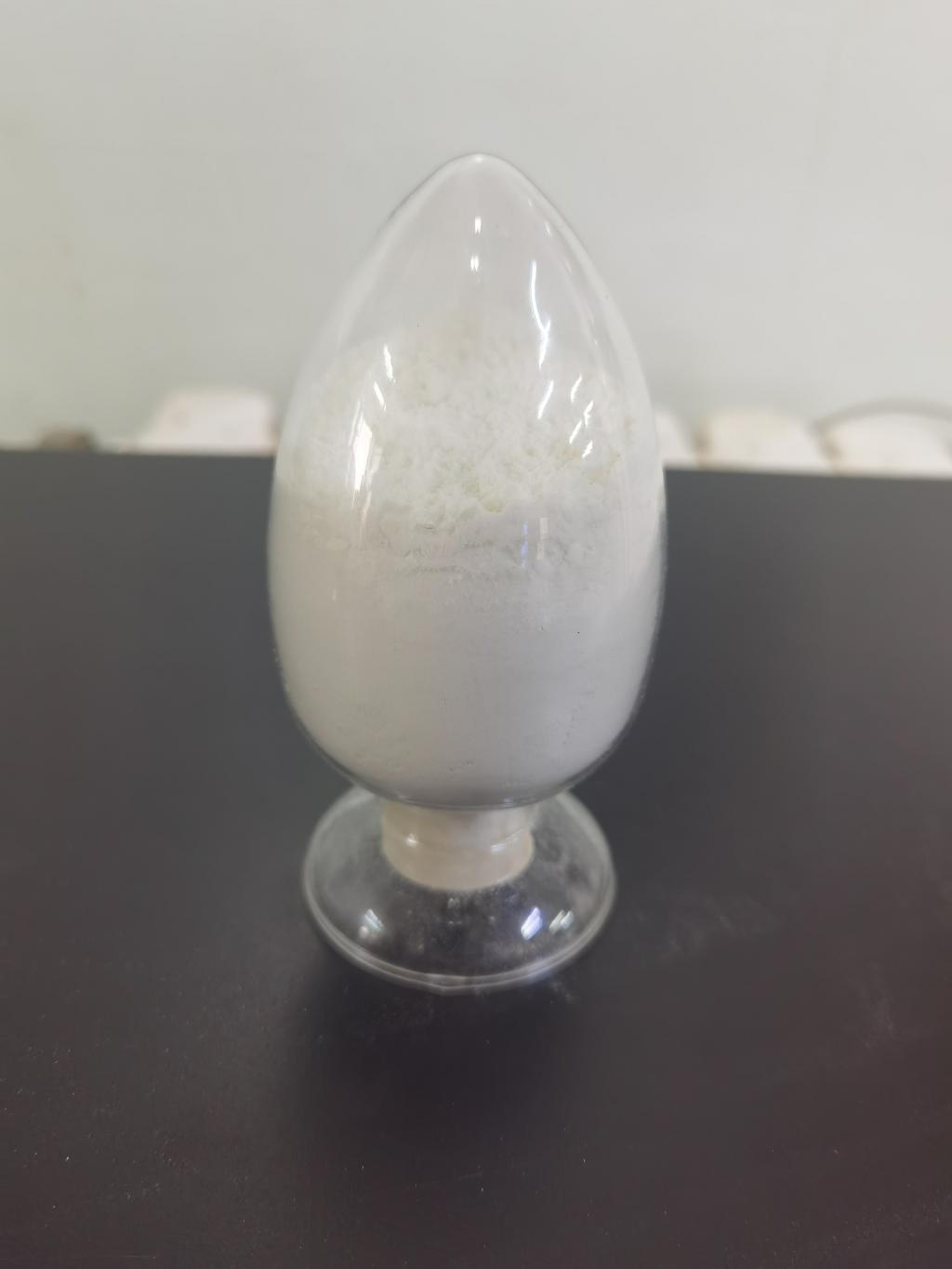Tel:+8618231198596

News
 CONTACT
CONTACT
 CONTACT
CONTACT
- Linkman:Linda Yao
- Tel: +8618231198596
- Email:linda.yao@dcpharma.cn
- Linkman:CHARLES.WANG
- Department:Overseas
- Tel: 0086 0311-85537378 0086 0311-85539701
News
Is ε-Polylysine hydrochloride safe for consumption?
TIME:2023-03-13
The safety of ε-Polylysine hydrochloride has been extensively studied, and it has been approved for use as a food additive by several regulatory agencies around the world, including the U.S. Food and Drug Administration (FDA), the European Union (EU), and the Ministry of Health, Labour and Welfare in Japan.
The FDA has classified ε-Polylysine hydrochloride as Generally Recognized As Safe (GRAS), which means that it is considered safe for use in food products at levels deemed appropriate by qualified experts. The FDA has also set specific guidelines for the use of ε-Polylysine hydrochloride in food products, including maximum allowable concentrations and labeling requirements.
The EU has also approved ε-Polylysine hydrochloride as a food additive, and it is listed under the code E-polylysine (E-polylysine hydrochloride) in the European Food Additive Database. The maximum allowable concentration of ε-Polylysine hydrochloride in food products in the EU is set at 500 mg/kg, and it is primarily used as a preservative in meat and dairy products.
In Japan, ε-Polylysine hydrochloride is classified as a food additive and has been approved for use in a wide range of food products, including processed meats, dairy products, and beverages. The maximum allowable concentration of ε-Polylysine hydrochloride in food products in Japan is set at 5,000 mg/kg.
While ε-Polylysine hydrochloride is considered safe for consumption, it is important to note that excessive consumption of any food additive may lead to negative health effects. Additionally, some individuals may be sensitive to ε-Polylysine hydrochloride, and may experience allergic reactions or other adverse effects.
To ensure the safety of ε-Polylysine hydrochloride, regulatory agencies around the world have set specific guidelines for its use in food products. These guidelines include maximum allowable concentrations, labeling requirements, and good manufacturing practices to prevent contamination and ensure product safety.
In summary, ε-Polylysine hydrochloride is considered safe for consumption in small quantities. It has been extensively studied and approved for use as a food additive by several regulatory agencies around the world. However, it is important to follow specific guidelines for its use in food products and to monitor intake to avoid negative health effects.
- Tel:+8618231198596
- Whatsapp:18231198596
- Chat With Skype







